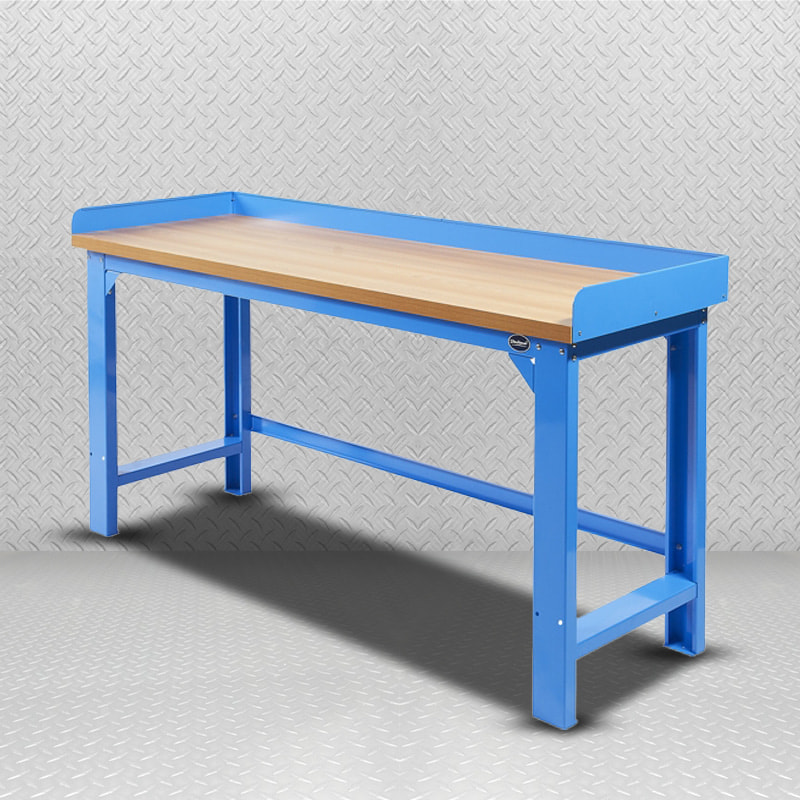When selecting an
Industrial Use Work Bench customized for a specific application or industry, there are several key design factors to carefully consider. The success of any industrial operation depends on the wise selection of the right workstation that is consistent with the unique requirements of the task at hand. Here are some important considerations:
Material issues:
Material selection is crucial. Choose a material that is strong and durable and can withstand the rigors of your specific industry. Common choices include stainless steel, wood, and heavy-duty plastic. Each material has different properties and should be chosen in harmony with the nature of the task.
Size and Space Match:
Adjusting the size and layout of your workbench according to the space available is necessary. Additionally, consider the specific tasks to be performed. The size of the work area, required surface area, storage needs and potential future expansion must all be factored into the design equation.
Bearing weight:
Determining the necessary weight capacity is critical. The workbench must proficiently support the tools, equipment, and materials required for the task. Ensure maximum weight loads are consistent with operating needs and evenly distributed throughout the workbench.
Ergonomics and operating comfort:
Ergonomics can significantly impact employee comfort, safety and productivity. Look for design elements that help with this, including adjustable height options, ergonomic worktops, footrests and ergonomic accessories. Proper lighting should also take into account the precise task.
Storage Solutions:
Storage requirements are inherent to effective workflow. Workbenches should offer a variety of storage options, such as drawers, shelves, cabinets, or pegboards. Make sure tools, equipment, and materials are close at hand to increase productivity.
Power Integration:
Certain industries may require electrical integration. Evaluate requirements for electrical outlets, power strips or built-in power supply units. The integration must be coordinated with the specific application.
Mobility considerations:
The choice of fixed or mobile workbench depends on the needs of the operation. In industries where frequent repositioning is crucial, mobile workbenches on wheels provide the necessary flexibility.
Security Compliance:
Compliance with safety regulations and industry standards is unquestionable. Safety features such as anti-slip surfaces, guards, safety locks and grounding devices should be an integral part of the workbench design to ensure personnel health and compliance with regulations.
The selection of an industrial workbench requires careful analysis of these considerations. It is a strategic investment that, if executed correctly, can improve operational efficiency, safety and productivity in the industrial sector.








